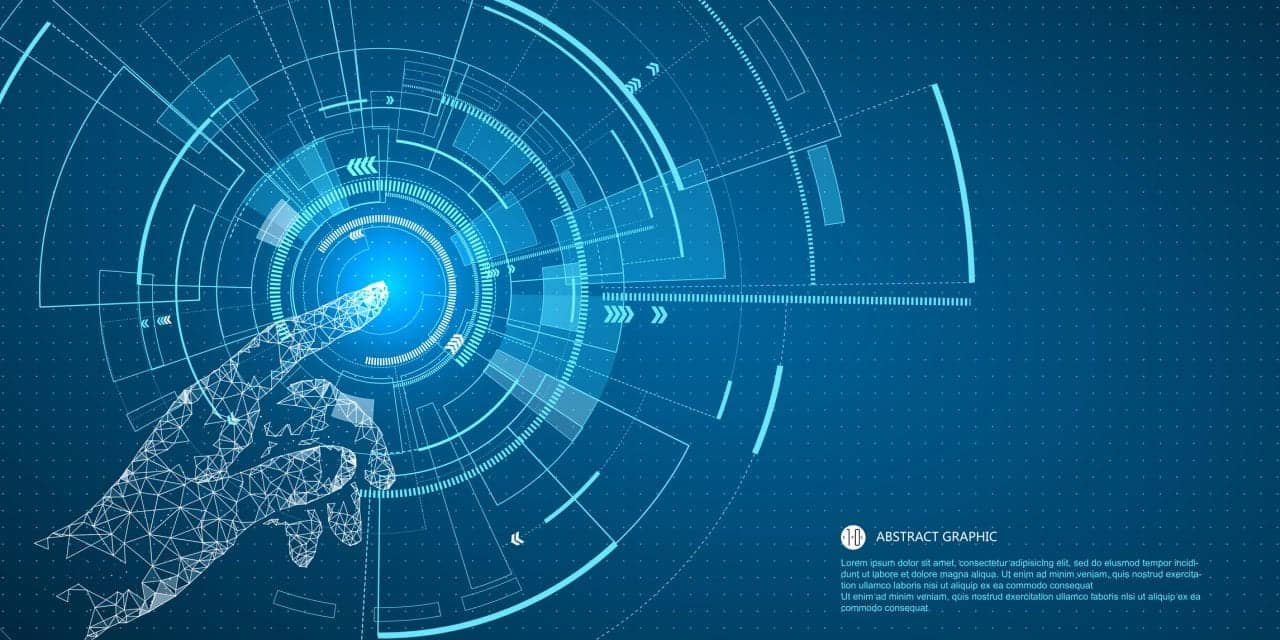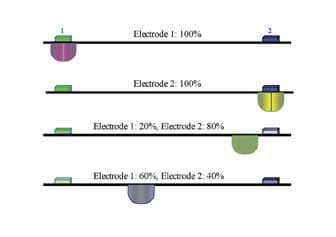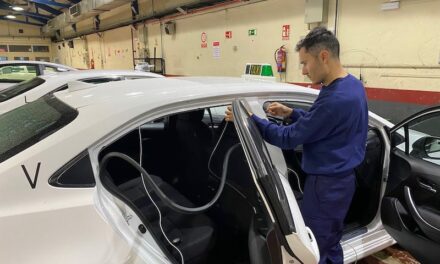Augmented reality (AR) has the potential to improve our daily lives, radically changing the ways we work, play, and connect with each other. And sound plays a crucial role. According to a new paper from Facebook Reality Labs (FRL) Research, AR could also be a “game changer” for hearing impaired populations around the world—enhancing the hearing aid to help people become more socially engaged and stay connected with friends and family. A summary of the research was published on the Tech@Facebook website.
Today, 30 million people in the US have hearing loss and 446 million people globally have disabling hearing loss. Hearing impairments can keep people away from social situations, and they also take a cognitive toll, requiring people with hearing loss to literally think harder in order to cope with complex acoustic environments, which can reduce memory, cause mental fatigue, and further exacerbate social withdrawal.
Today’s hearing aids can personalize amplification for individuals, but even the most sophisticated and advanced technologies “lack the ability to selectively isolate and amplify sounds of interest,” according to Facebook’s article. That means they can’t help the listener deal with everyday situations, like a conversation involving multiple people at a loud party, or in a restaurant or moving vehicle. By combining beamforming, deep learning techniques, active noise cancellation, and contextual awareness of your surroundings, AR can help us “arrive at a system that understands what you want to listen to, isolates and enhances the sound’s source, and reduces background noise.” By sending the enhanced AR-processed signal back to the hearing aid, Facebook contends that you “can get the best of both worlds: turning up the volume only on the sounds you want to hear, while adjusting for your unique hearing ability—to let you follow a conversation with less effort.” Critically, Facebook views AR platforms as augmenting the hearing aid—not replacing it.
Facebook adds that “Hearing sciences is a rich area that FRL Research’s audio team is just starting to explore, independently of our primary work on perceptual superpowers for the AR glasses of the future—which is focused on transforming communication for everyone, everywhere. Hearing science has unique challenges that deserve attention, and our team hopes to push the domain further. We’ll share more as this exciting work progress”
Original Paper: Mehra R, Brimijoin O, Robinson P, Lunner T. Potential of augmented reality platforms to improve individual hearing aids and to support more ecologically valid research. Ear and Hearing. 2020;41:140S-146S.
Source: Tech@Facebook, Ear and Hearing





